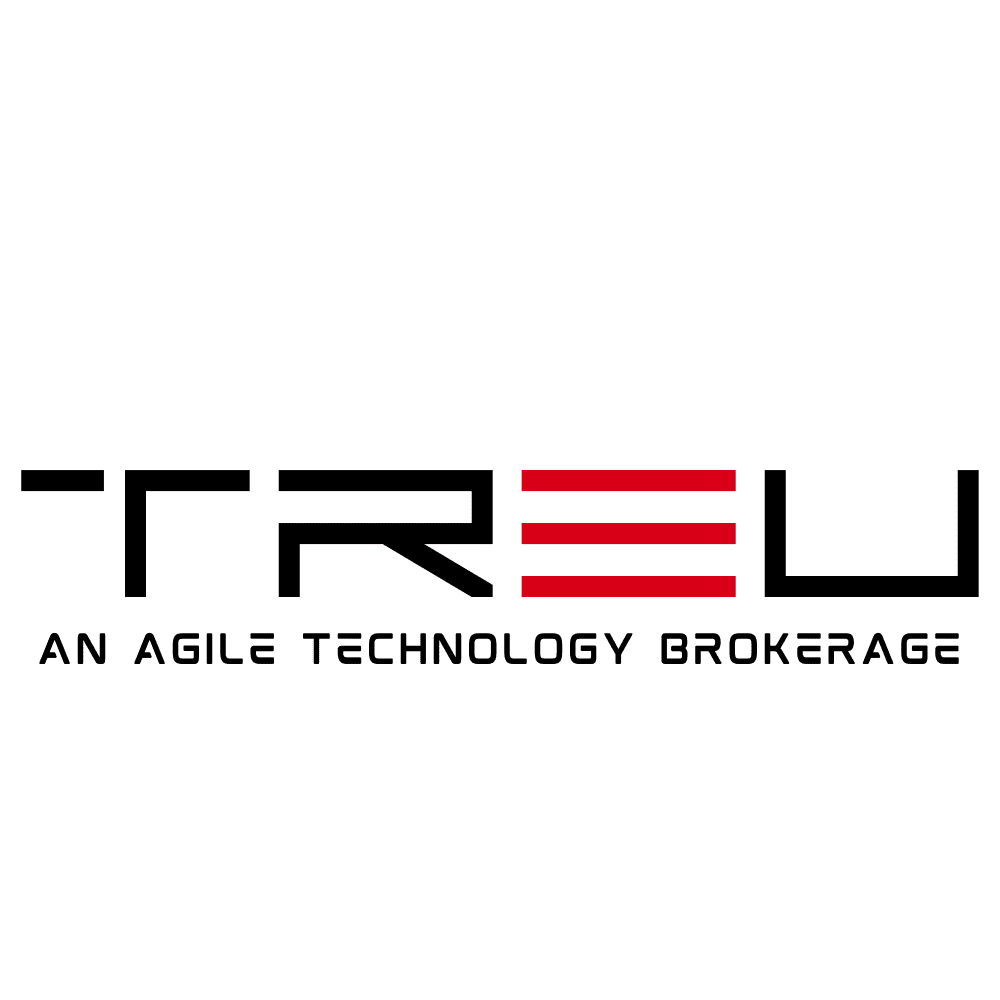Agentic AI Strategies for Business Leaders and Executives
Artificial intelligence (AI) is no longer just a support tool—it’s shifting into the driver’s seat. Enter Agentic AI, a transformative approach to AI that empowers autonomous decision-making and problem-solving without requiring constant human oversight. For business leaders and executives, understanding and embracing this next wave of innovation is essential to maintaining a competitive edge.
In this blog post, we’ll explore what Agentic AI is, why it’s critical for enterprises, and how executives can craft strategies to leverage its full potential. We’ll also break down key actions leaders should take today to build for tomorrow.
What Is Agentic AI?
Agentic AI represents the evolution of AI systems from static models to autonomous agents. These agents can set objectives, make decisions, adapt to new data, and collaborate with humans and systems to achieve complex goals.
Unlike traditional AI, which follows predefined scripts, Agentic AI is characterized by:
- Autonomy: Operates independently and updates behavior based on inputs and feedback.
- Goal Orientation: Executes tasks with a purposeful objective rather than passively responding to prompts.
- Reasoning Capability: Makes context-sensitive decisions and learns iteratively.
- Multi-role Integration: Can take on roles such as a virtual employee or decision advisor.
Imagine a business agent that can perform financial forecasting, adjust marketing strategies dynamically, or even manage cybersecurity risks without constant human input. That’s the new reality with Agentic AI.
Why Agentic AI Matters to Business Leaders
As AI becomes increasingly sophisticated, the expectation for faster, more intelligent business decisions grows. Agentic AI enables leaders to unlock innovation across departments—at scale.
Core Business Advantages
- Increased Agility: Adapt to rapid market shifts by deploying intelligent agents that assess scenarios and recommend changing course.
- Enhanced Productivity: Automate multi-step tasks previously requiring cross-functional coordination.
- Smarter Decision-Making: Agents can gather context from various systems, perform real-time analysis, and suggest optimal action paths.
- Customer Personalization: Deliver hyper-personalized experiences by enabling AI agents to learn from customer behavior instantly.
Executives who strategically integrate Agentic AI can create self-optimizing processes, reduce operational inefficiencies, and accelerate innovation timelines.
Building an Executive-Ready Agentic AI Strategy
A successful Agentic AI transformation requires more than technology. It demands vision, leadership, governance, and a clear roadmap. Here’s how business executives can get started:
1. Define Purpose-Driven Use Cases
Start by identifying areas where autonomous agents can deliver the most impact. Prioritize high-value tasks that benefit from intelligent automation and dynamic learning.
- Finance: Forecasting, anomaly detection, and strategic budgeting.
- Operations: Supply chain optimization, process automation.
- HR: Talent recruitment and engagement analysis.
- Marketing: Campaign optimization, customer segmentation.
Match use cases with your company’s broader mission to ensure alignment with business outcomes.
2. Invest in Modular Infrastructure
Agentic AI functions best in integrated digital ecosystems. Ensure your cloud infrastructure supports the flexibility and scalability these agents need.
- Use cloud-native services: AWS provides scalable services like Amazon Bedrock and SageMaker for generative and analytic AI.
- Embrace API-first design: Allow agents to communicate seamlessly across internal platforms.
- Enable real-time data flow: Agentic AI thrives on up-to-date, high-quality information.
Robust infrastructure isn’t just about speed—it’s about building a connected, intelligent system of action.
3. Foster Cross-Functional Collaboration
Agentic AI strategies should break down the silos between IT, operations, and business units. Create interdisciplinary AI teams to co-design and co-deploy solutions. Empower business leaders to co-own AI use cases alongside data scientists.
Executives can act as champions for this cultural evolution by encouraging:
- Open data practices
- Talent cross-pollination
- Shared success metrics
Establishing AI Governance
As autonomy increases, so does the risk of unintended consequences. Business leaders must embed accountability, ethics, and transparency into their strategies from day one.
Design a Responsible AI Framework
Ensure that autonomous agents uphold corporate values and regulatory standards. Key components of governance include:
- Bias mitigation strategies in training and deployment
- Human oversight mechanisms and escalation procedures
- Audit trails for autonomous decisions
- Real-time monitoring dashboards
A robust framework helps build trust with customers, regulators, and internal stakeholders.
Prioritize AI Literacy for Executives
Build internal knowledge by educating leaders and boards on what Agentic AI is—and is not. Understanding foundational concepts like model interpretability, autonomous reasoning, and data lineage is key to responsible decision-making.
Consider structured workshops, AI simulation exercises, or executive roundtables led by data and technology strategists.
Future Outlook: Positioning AI as a Value Creator
As AI agents progress from assistants to partners, their impact will become ingrained in enterprise architecture. The next wave of productivity will not be driven solely by human teams or static systems—but by AI agents embedded across every function.
For business leaders, this is an opportunity to cultivate AI readiness and foster a culture that views intelligent autonomy as a competitive advantage, not just an IT initiative.
Key Takeaways
- Agentic AI is poised to redefine enterprise operations by enabling proactive, autonomous decision-making.
- Strategic alignment of AI use cases with business goals drives meaningful impact.
- Technology infrastructure must be modular, scalable, and integrated across the business.
- Cross-functional collaboration ensures co-ownership of AI solutions and unified execution.
- AI governance is critical for ethical and responsible agent behavior.
Conclusion
Agentic AI offers business executives a rare opportunity to lead transformative change. By reshaping how organizations make decisions, automate tasks, and serve customers, these intelligent agents could very well define the next era of business performance. The time to act is now—invest in strategy, infrastructure, and culture to harness the power of autonomy and stay ahead in an increasingly competitive digital world.
Ready to begin your Agentic AI journey? Consider partnering with a cloud provider like AWS to build, test, and scale your autonomous systems with confidence and agility.

